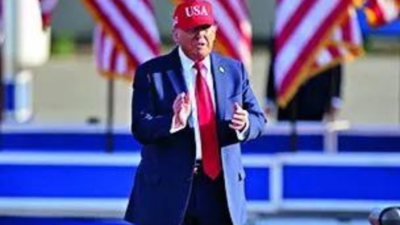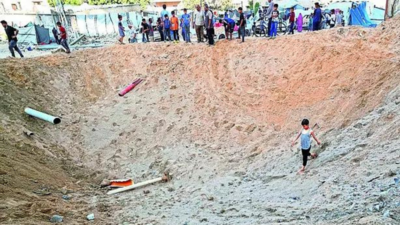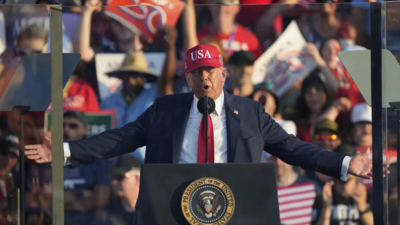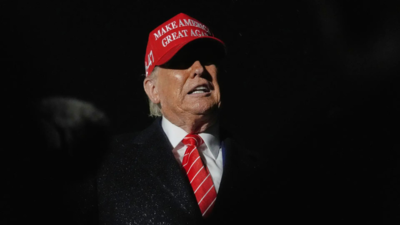Pakistan Plays Denial Card Again On Masood Azhar, Hafiz Saeed; Asks India To Give Proof | World News
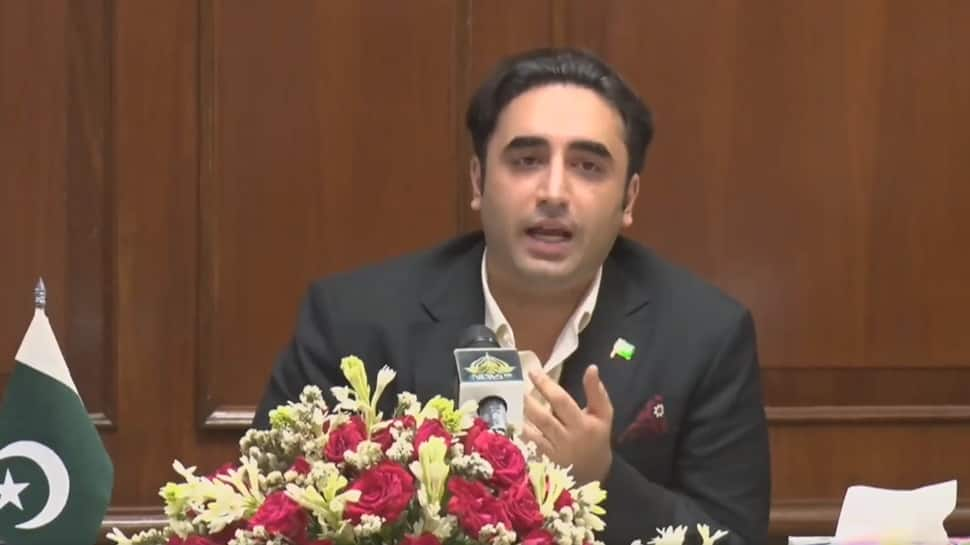
Pakistan, often called a safe haven for terrorists, has once again shown its true colours by trying to provide a safe harbour to wanted terrorists like Masood Azhar and Hafiz Saeed. Pakistan has now claimed that Azhar doesn’t live in the country, while Saeed is not a free man. Pakistani politician Bilawal Bhutto Zardari, who was criticised for his ‘blood will flow in the Indus river’ remark, has now made bizarre claims in an interview with Al Jazeera.
Bilawal Bhutto’s Claim
Bhutto has claimed that Pakistan does not know the location of Jaish-e-Mohammed chief Masood Azhar. He said that Islamabad would be happy to arrest Azhar if India provides Pakistan with information about him. Notably, Bhutto is a part of the ruling coalition in Pakistan.
Reacting to a question about a New York Times report claiming Saeed is free, Bhutto not only termed the report inaccurate, but also said, “That’s factually not correct that Hafiz Saeed is a free man. He is in the custody of the Pakistani state. As far as Masood Azhar is concerned, we have been unable to arrest him or identify him. Given his past within the Afghan jihad context, it is our belief that he is in Afghanistan.”
Who Is Masood Azhar?
Masood Azhar remains one of the most notorious figures on India’s list of wanted terrorists. His name is linked to some of the most devastating terror attacks the country has faced—including the 2001 Parliament attack, the 2008 Mumbai attacks, the 2016 Pathankot airbase assault, and the deadly Pulwama attack in 2019. In 2019, the United Nations officially designated him as a global terrorist.
Azhar’s release in 1999, following the hijacking of Indian Airlines flight IC-814 to Kandahar, was a moment of deep national trauma. India agreed to release him in exchange for the safe return of the hostages onboard the plane. For years, India has urged Pakistan to take action and hand over Azhar, along with Lashkar-e-Taiba chief Hafiz Saeed. Despite concrete evidence of their presence and activities within its borders, Pakistan has consistently denied their involvement, often claiming ignorance.




